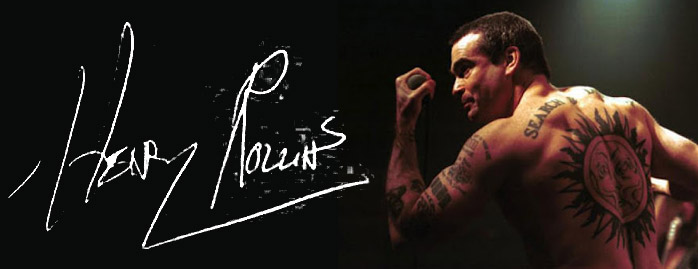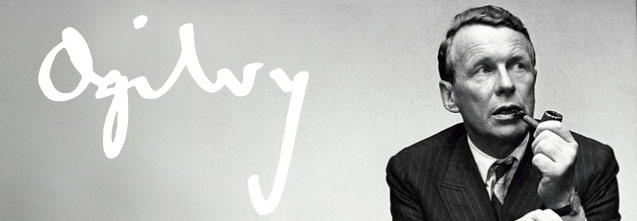Jim Coudal on Blogging & Business
“If they come, you will build it.”
“If they come, you will build it.”
“The sane human being is satisfied that the best he/she can do at any given moment is the best he/she can do at any given moment.”
“The function of the overwhelming majority of your artwork is simply to teach you how to make the small fraction of your artwork that soars.”
This is from a book about making art. I don’t know who these authors are but they really nailed something for me.
I’ll only make a few pieces of truly good stuff over the course of my life.
That’s the reality.
I could break my head over trying to epic-ize everything I make. I could reach for celebrity and recognition through lots of truly great things, getting broody, moody and horribly not fun in the process.
Or I can make this thing the best I can right now. It’s not me. I’m not it. There’s some sort of exchange going on between me and it, but neither of us are each other. So let’s keep it casual.
Because any sane person knows that the best you can do right now is the best you can do right now.
This is embarrassing to admit, but when I read this I first thought about my tweets.
Before pushing “publish” on a tweet I typically have a moment of, “c’mon. Nobody cares about this. This isn’t funny. Make something funny and post that. Is this the kind of thing Merlin would post?”
But I’ve been wondering recently if I won’t look back and wish I shared more. If 20 years from now I’ll read through the archives and wished I just tried more stuff.
This quote hits me with reality, balances me. I might make a few good tweets over the course of my life. The shitty ones will help me get there.
I mean, these are fucking tweets we’re talking about.
Oh, and art. We’re also talking about art. Which is kinda like business to me. So that too.
“And don’t worry about losing. If it is right, it happens—The main thing is not to hurry. Nothing good gets away.”
“…we lived with a vivid appreciation of how brief & precious life is.”

The Iron never lies to you. You can walk outside and listen to all kinds of talk, get told that you’re a god or a total bastard. The Iron will always kick you the real deal. The Iron is the great reference point, the all-knowing perspective giver. Always there like a beacon in the pitch black. I have found the Iron to be my greatest friend. It never freaks out on me, never runs.
Friends may come and go. But two hundred pounds is always two hundred pounds.”
I continue to come back to this article and the idea that the things which are hard for us are teaching us — like a sensei.
I’ve experienced this most with lifting weights, so I’ll stick to that illustration, but I’ve also sensed it with growing a business, raising a son and staying married.
When I approach the weight asking, “what lessons do you have for me today?” my whole mental posture changes. It’s no longer a contest, no longer about my ego, a thing for me to win or lose. It’s a relationship between a master and an apprentice.
When I’m in that posture the workout is better, it works out more of me. Also, I do less stupid shit.
In business it helps me not be crushed by a piece of bad news, gets me in the posture where my reaction is more, “ok, what do we learn from this and what’s the right thing to do?” and less, “fuck, my ideas are shit, the world is shit, i’m going to die alone and I have a small penis.”
If you haven’t read this full article from Henry Rollins, I highly recommend it: The Iron & The Soul by Henry Rollins.

We’ve seen a few other lists from Ogilvy. He’s a listy guy. I tried hard not to need this one as well, but it’s just too good.
Use short words, short sentences and short paragraphs.
Never use jargon words like reconceptualize, demassification, attitudinally, judgmentally. They are hallmarks of a pretentious ass.
Never write more than two pages on any subject.
Check your quotations.
Never send a letter or a memo on the day you write it. Read it aloud the next morning — and then edit it.
If it is something important, get a colleague to improve it.
Before you send your letter or your memo, make sure it is crystal clear what you want the recipient to do.
If you want ACTION, don’t write. Go and tell the guy what you want.
David
Here’s some more writing tips on this site, and for all you freelancers out there (or wannabe freelancers), here’s a big ol’ guide about how to become a freelance writer.
“A complex world has made us over-emphasize How-based thinking and education. Once the tools are understood, grasping why to do certain things becomes more valuable than how to do them. How is recipes, but learning a craft is more than following instructions.
How is important for new practitioners learning to avoid common mistakes. Why is for those who wish to push, are not risk-averse, and seek to improve. How is coulda, Why is shoulda. How is finishing tasks, Why is fulfilling objectives. How results in more, Why yields better.”
“By caring intensely, we can connect to one another in more meaningful ways.”